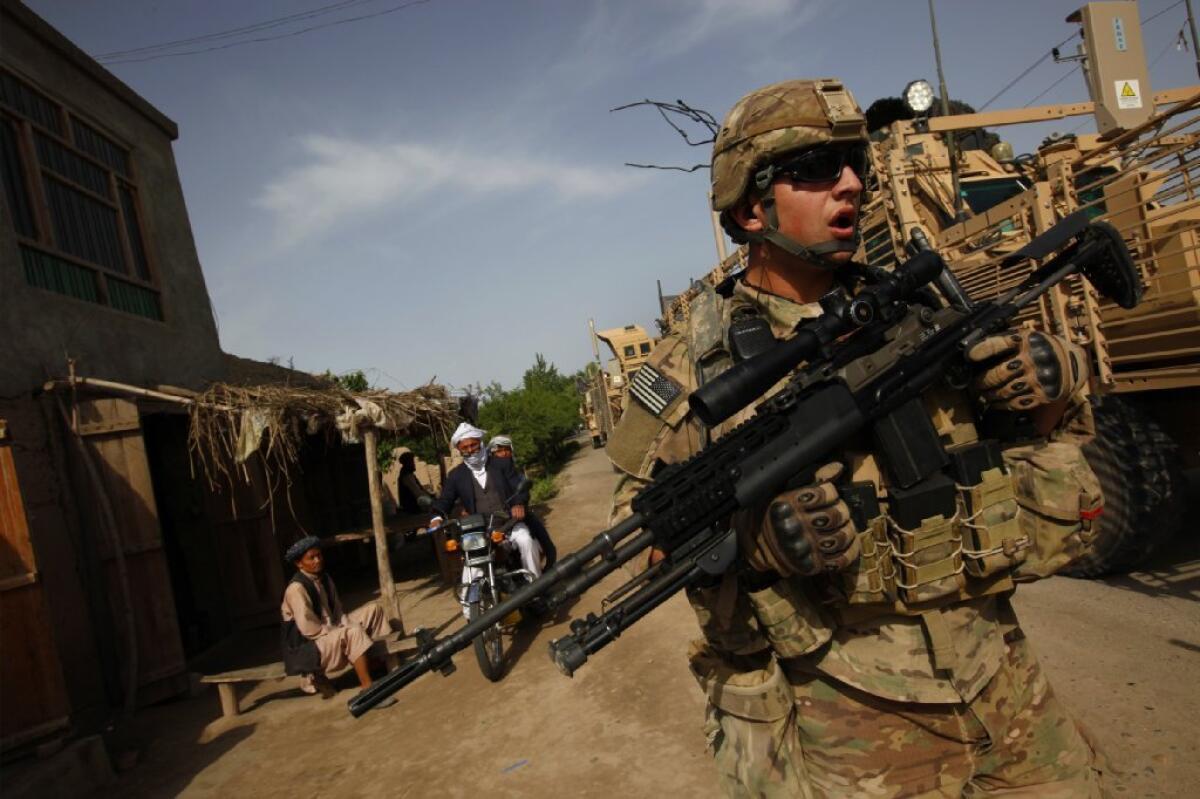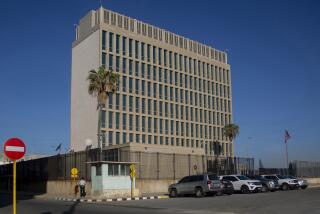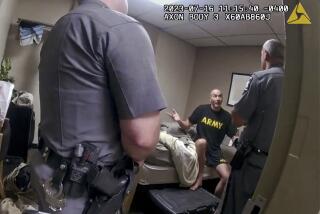For troops, concussions from blast waves or impact are equally disabling

Among the many grim lessons of the U.S. military involvements in Iraq and Afghanistan, one medical observation has been striking: that the invisible wave of concussive force that radiates out from a bomb’s blast can wreak damage upon the human brain at least as hellish as an actual blow to the head.
A new study released Monday confirms and refines that suspicion. It found that troops with concussions resulting from direct impact alone were just as likely as those who sustained traumatic brain injury from direct impact-plus-blast to have enduring symptoms such as headache, depression, and memory and concentration problems.
The research was published in the journal JAMA Neurology. From 2010 to 2013, researchers from Washington University Medical School in St. Louis followed 178 U.S. servicemen and women from just after their evacuation from Iraq or Afghanistan for a year. They compared troops with concussion resulting from impact to troops with concussion resulting from blast and impact, and compared both groups to medically evacuated service personnel without signs of concussion.
On the bright side, the findings suggest that the fallout from blast-related TBI and that from impact-related TBI are not additive. That’s a relief, since in war, exposure to blast alone is rare: those in the vicinity of exploding bombs tend also to get thrown into walls and ditches, to be hit in the head with flying debris and to be involved in vehicle accidents at the same time.
The same research also demonstrated that even when military personnel had no history of concussion, those who had been exposed to a blast suffered far worse attention and mood difficulties and much higher rates of headache impairment than those who had never been in the immediate vicinity of an explosion.
Among both groups of concussed service members (those hurt by impact alone and those hurt by impact-plus-blast), post-traumatic stress disorder was an equally likely outcome six to 12 months after injury, the researchers found. But among the control groups with no evidence of war-related concussion, those who reported they had experienced more intense combat were more likely to suffer from PTSD.
The research suggests that, when it comes to traumatic brain injury, wounded warriors - irrespective of how their brains were shaken - have injuries that can shed light as well on the plight of 3.5 million civilians who sustain concussions each year. But it also underscores that exposure to the carnage and terror of combat complicates everything - including the challenge of healing from concussion.
The brain’s my favorite organ. Follow me on Twitter at @LATmelissahealy







